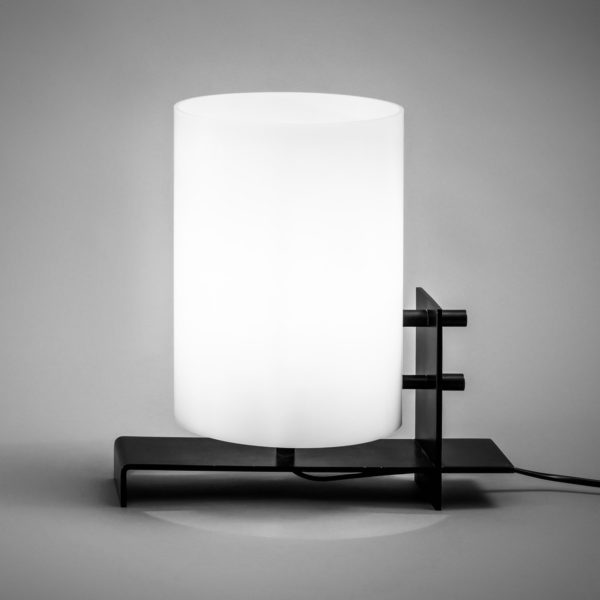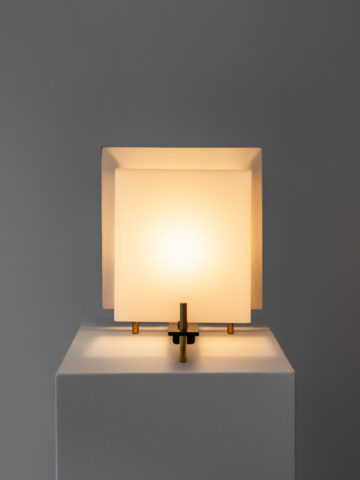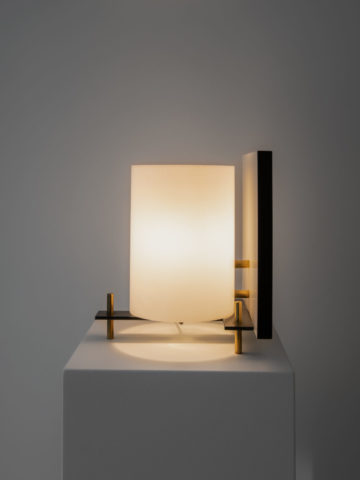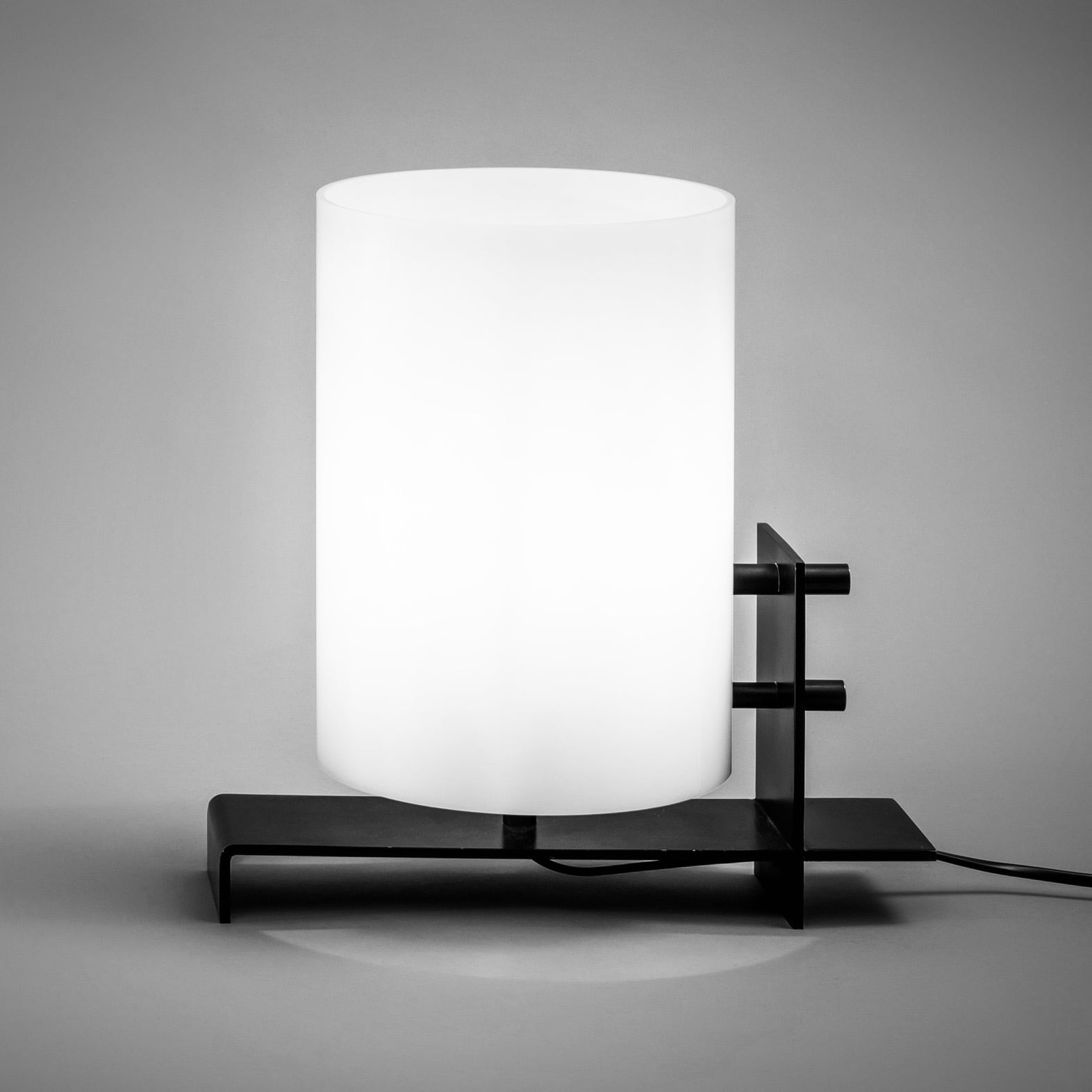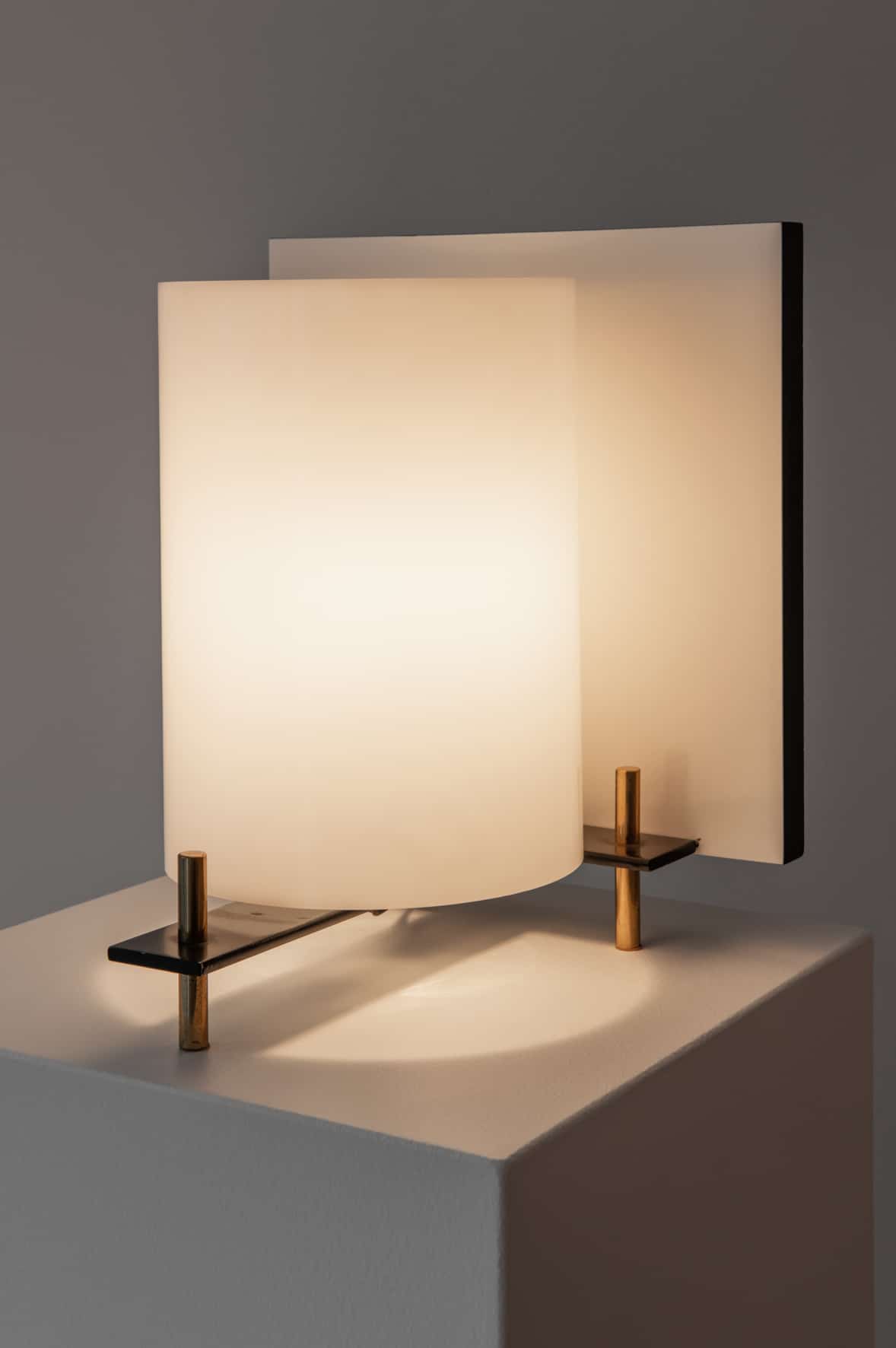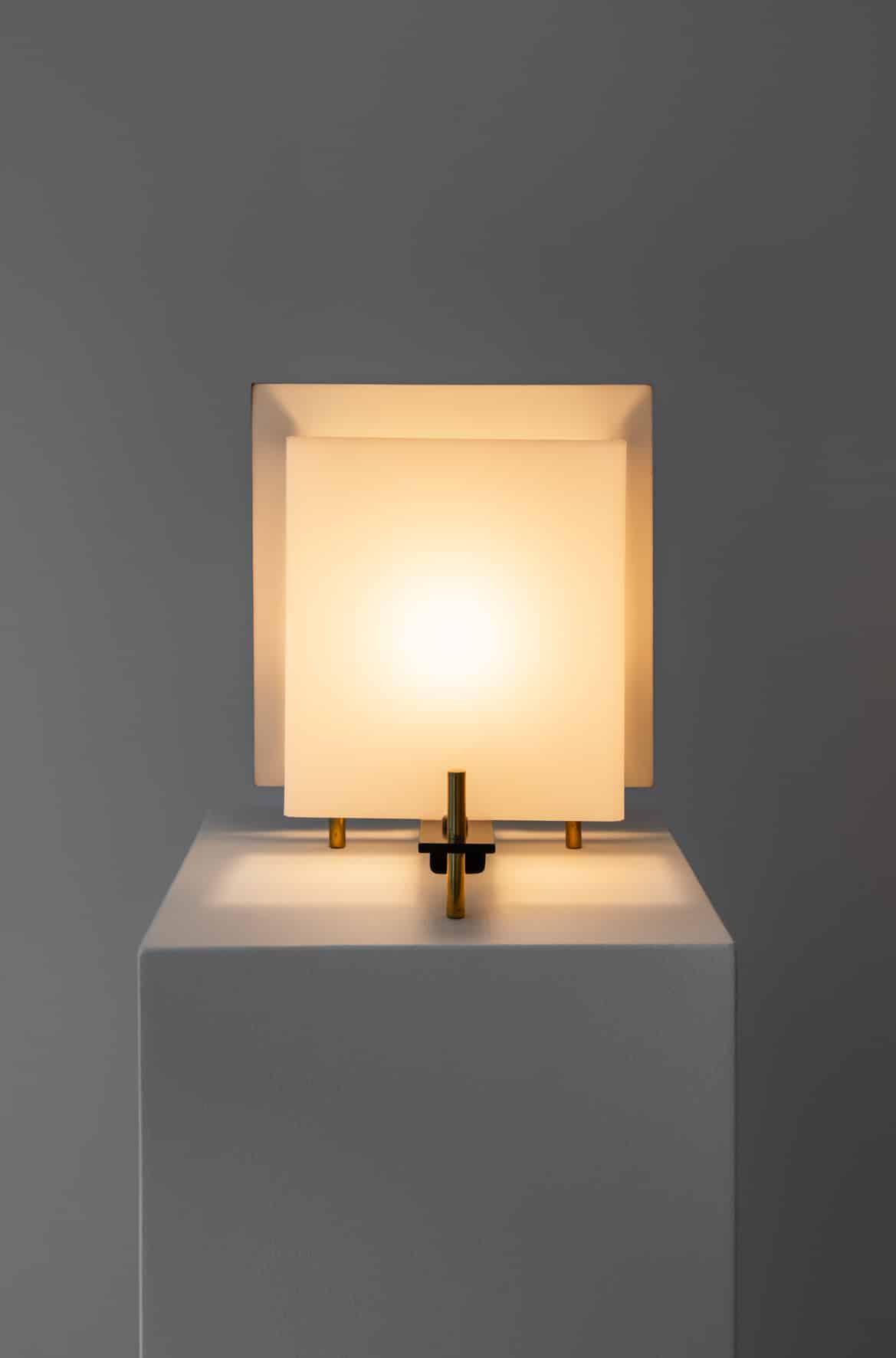Georges Frydman
Georges Frydman (born in 1924) is a French designer whose work is deeply rooted in the modernist and functionalist movements, drawing particular influence from the aesthetics of the Bauhaus. Fascinated early on by spatial geometry and form, he studied at the Arts et Métiers, with a focus on aeronautical model-making. He also attended architecture courses at the Beaux-Arts before his studies were interrupted by the war.
His discovery of Le Corbusier’s work proved to be a turning point, profoundly shaping his design philosophy. Once qualified as an architect, Frydman built his own house and naturally went on to design its interior furnishings — a process that sparked his enduring interest in furniture and interior architecture.
Between the 1950s and 1970s, he created furniture that was sleek, modular, and highly functional: desks, seating, lighting, tables, storage units, and structural systems built from combinable elements. His work was featured in key design publications such as L’Architecture d’Aujourd’hui, underscoring his place within the modernist movement.
In 1954, he founded the Équipement Fonctionnel de l’Habitation, later known by the acronym AFA, a company dedicated to the creation, production, and distribution of modern furniture. In 1966, he was awarded the René Gabriel Prize, which honored designers whose work achieved a balance between quality and affordable serial production.
